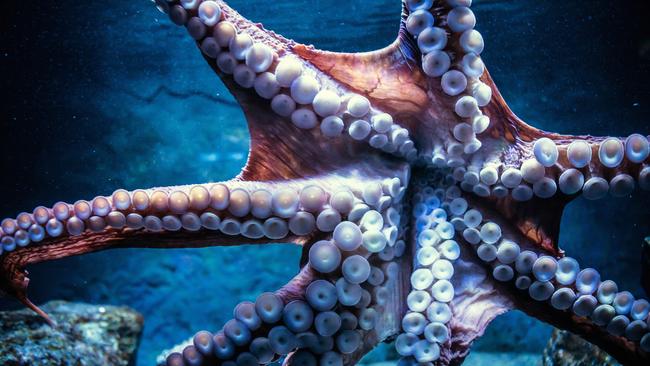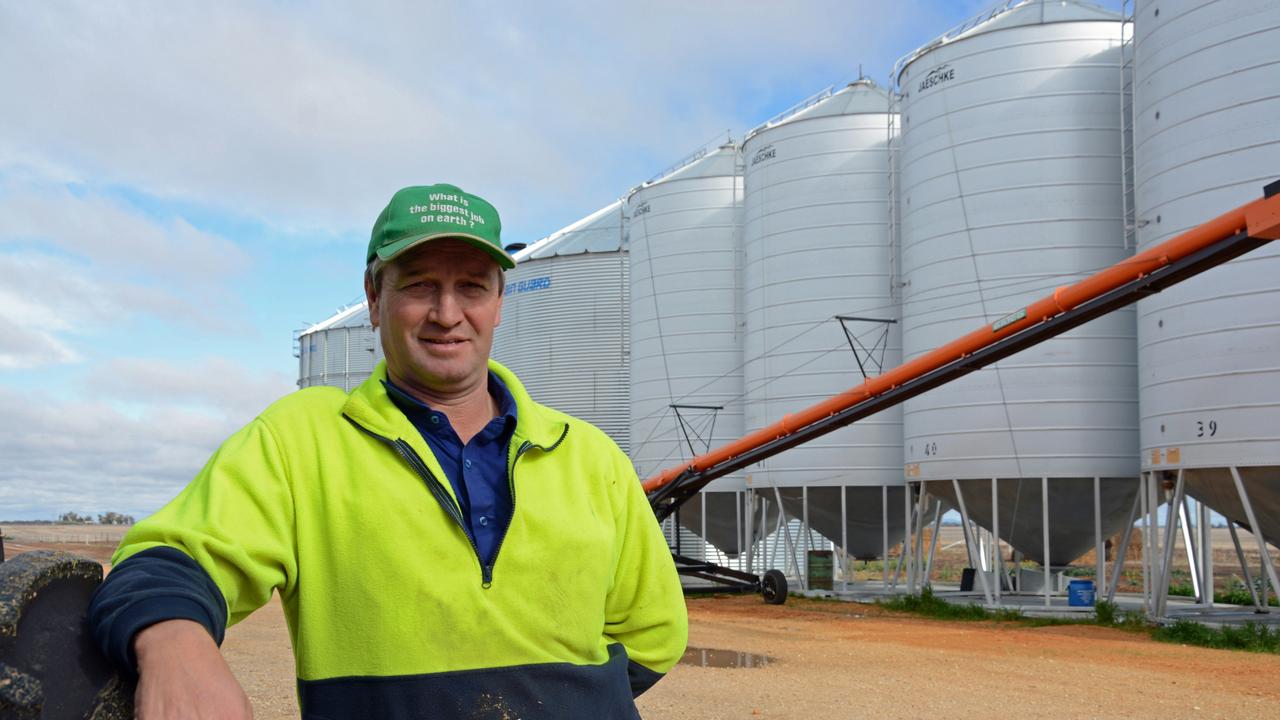Animal welfare laws extended: squid, octopuses and crayfish “feelings” protected
Labor promised new animal welfare laws recognising animals’ feelings in 2018, but only just released its legislative plan — including giving squid new rights.

Reforms to Victoria’s animal welfare laws will set legally enforceable animal welfare standards that will not only apply to pets and farm animals, but for the first time be extended to octopuses, squid, cuttlefish, lobsters, crabs and even crayfish.
Agriculture Minister Gayle Tierney released Victoria’s new animal care and protection laws plan this week, outlining the framework for a new animal welfare bill to be introduced to Parliament in 2023, if Labor is re-elected on November 26.
“The plan explains the main policy positions that will underpin Victoria’s new animal care and protection laws,” Ms Tierney states.
The plan outlines how the government will deliver on its 2018 election commitment to replace the current Prevention of Cruelty to Animals Act with new legislation recognising animal sentience – capable of feeling fear and other emotions - including a new range of species.
“The POCTA Act does not enable the prosecution of a person who is cruel to an octopus in other settings, such as when an octopus is kept in an aquarium or is caught by a fisher,” the plan states.
“The new laws would close this gap, enabling a person to be prosecuted for cruelty to an octopus in all settings.”
The plan also outlines new standards of care that would be enshrined in regulations “covering matters such as nutrition, physical environment and behavioural interactions”.
While existing animal welfare codes of practice are recognised under the current POCTA, the plan states they are not enforceable.
The government says it will draft new regulations under the new act outlining new welfare standards for cattle, dogs and other animals, which its authorised officer will be able to enforce and if needed impose penalties for breaches.
The standards of care outline how humans must positively interact with animals “to minimise anxiety, fear, pain or distress”.
A person who failed to comply with the new standards would face penalties of up to $22,717 or up to six months imprisonment.




